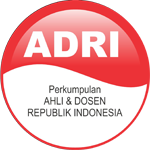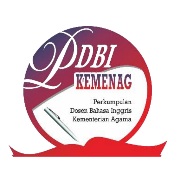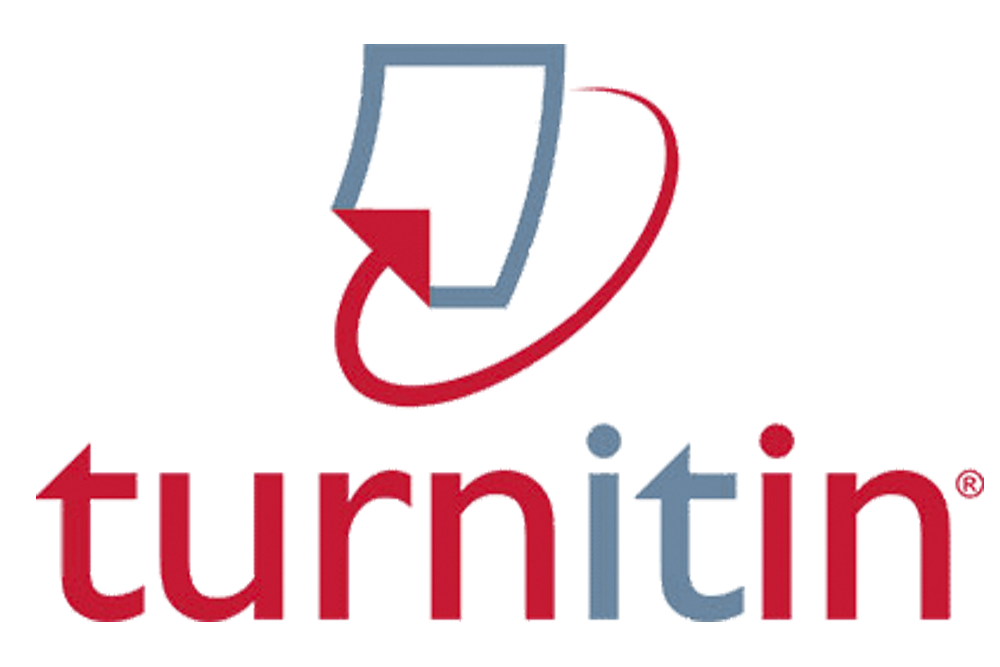Perception Low Grade Teachers to Thematic Learning on Curriculum 2013 at Sumber Rahayu OKU Timur Elementary School
Abstract
The teacher as a human resource is directly confronted with the presence of students. Therefore teachers must equip themselves with various competencies, starting from the preparation of learning administration that must be fulfilled and made. Therefore, it is reasonable if a teacher plays an important role in learning in school. Therefore, it is natural that the existence of teachers plays a very important role in carrying out learning in schools. The research objective was to describe the perceptions of low-grade teachers in implementing thematic learning in the curriculum 2013 at Sumber Rahayu OKU Timur Elementary school. This research is qualitative research that contains words to describe the object under study by collecting data first at the time of the research by using documentation and interviews conducted from April to June 2020. The results of this study are the perception of low-grade teachers on thematic learning in the curriculum 2013 is that (1) the existence and accuracy of the preparation of RPP strongly support the success of learning, (2) learning can be done with interesting and fun even though the teacher does not fully understand the curriculum 2013, (3) the existence of facilities and infrastructure owned by the school to support teaching activities are still inadequate, (4) the overall assessment in the 2013 curriculum was felt to be a quite difficult and complicated burdensome teacher. Recommended, it is necessary to prepare an appropriate thematic learning design according to the 2013 curriculum before learning in class.
Keywords: teacher perceptions, learning thematic, curriculum 2013Keywords
Full Text:
PDFReferences
Akbar, Sa’dun. (2014). Penyegaran Pembelajaran Tematik Berbasis KKNI Kurikulum 2013: Makalah Kuliah Umum. Malang: Universitas Kanjuruhan Malang.
Arikunto, Suharsini. (2002). Prosedur Penelitian Suatu Pendekatan Praktek. Jakarta: PT. Rineka Cipta, Cet. XII.
Djamarah, Syaiful Bahri. (2008). Psikologi Belajar. Jakarta: PT Rineka Cipta.
E. Mulyasa. (2014). Guru dalam Implementasi Kurikulum 2013. Bandung: Remaja Rosda Karya.
E. Mulyasa. (2013). Pengembangan dan Implementasi Kurikulum 2013. Bandung: PT Remaja Rosda Karya.
Hermawan, Asep Herry. (2011). Pengembangan Model Pembelajaran Tematik di Kelas Awal Sekolah Dasar. Bandung: Modul Jurusan Kurikulum dan Teknologi Pendidikan FIP UPI.
Imas Kurniasih dan Berlin Sani. (2014). Sukses Mengimplementasikan Kurikulum 2013 Memahami Berbagai Aspek dalam Kurikulum 2013. Jakarta: Kata Pena.
Kunandar. (2007). Guru Profesional Implementasi Kurikulum Tingkat Satuan Pendidikan (KTSP) dan Sukses Dalam Sertifikasi Guru. Jakarta: Raja Grafindo Persada.
Majid, A. (2014). Pembelajaran Tematik Terpadu. Bandung: Remaja Rosdakarya.
Majid, A. (2014). Strategi Pembelajaran. Bandung: Remaja Rosdakarya.
Miles, M. B, Huberman, A.M, & Saldana, J. (2014). Qualitative Data Analysis, A Methods Sourcebook. Edition 3. USA: Sage Publications. Terjemahan Tjetjep Rohindi Rohidi, UI-Press.
Moleong, L. J. (2011). Metodologi Penelitian Kualitatif Edisi Revisi. Bandung: PT. Remaja Rosdakarya.
Permendikbud No. 66 Tahun 2013 tentang Standar Penilaian (Salinan Lampiran).
Rusman. (2015). “Curriculum Implementation at Elementary Schools A Study on ‘Best Practices’ Done by Elementary School Teachers in Planning, Implementing, and Evaluating the Curriculum”. https://files.eric.ed.gov/fulltext/EJ1079108.pdf Skripsi (Online). Universitas Pendidikan Indonesia. (Diakses pada tanggal 20 Juni 2020).
Rusman. (2015). Pembelajaran Tematik Terpadu: Teori, Praktik dan Penilaian. Jakarta: Rajawali Pres.
Sondang P. S. (2011). Manajemen Sumber Daya Manusia. Jakarta: Bumi Aksara.
Sugiyono. (2010). Metode Penelitian Pendidikan Pendekatan Kuantitatif, Kualitatif, dan R&G. Bandung: Alfabeta.
Sugiyono. (2015). Metode Penelitian Kombinasi (Mix Methods). Bandung: Alfabeta.
Suluh, M & Jumadi. (2019). Persepsi Guru dan Peserta Didik terhadap Proses Pembelajaran Fisika Berdasarkan Kurikulum 2013. Jurnal Penelitian dan Pengkajian Ilmu Pendidikan: e-Saintika, Volume 2 Number 2 2019, 62-74.
Syaodih, Nana. (2009). Pengembangan Kurikulum, Teori dan Praktek. Bandung: Remaja Rosdakarya.
Tim Penyusun. (2008). Kamus Besar Bahasa Indonesia. Jakarta: Departemen Pendidikan Nasional dan Balai Pustaka.
Trianto. (2010). Model Pembelajaran Inovatif - Progresif Konsep, Landasan, dan Implementasi pada Kurikulum Tingkat Satuan Pendidikan (KTSP). Jakarta: Kencana.
Undang-Undang Nomor 20 Tahun 2003 tentang Sistem Pendidikan Nasional, Lembaran Negara Republik Indonesia Tahun 2003 Nomor 78.
Veithzal Rivai. (2006). Kepemimpinan dan Perilaku Organisasi. Jakarta: Raja Grafindo Persada.
Zainal Arifin. (2012). Evaluasi Pembelajaran. Bandung: PT. Remaja Rosdakarya.
DOI: http://dx.doi.org/10.29240/ef.v5i1.2082
Refbacks
- There are currently no refbacks.
Copyright (c) 2021 puji as tuti

This work is licensed under a Creative Commons Attribution-NonCommercial-ShareAlike 4.0 International License.
INDEXED BY:
 This work is licensed under a Creative Commons Attribution-NonCommercial-ShareAlike 4.0 International License
This work is licensed under a Creative Commons Attribution-NonCommercial-ShareAlike 4.0 International License
@ ENGLISH FRANCA : Academic Journal of English Language and Education
Jl. Dr. AK Gani No 1 Dusun Curup, Rejang Lebong Regency, Bengkulu Province, Indonesia, 39119.
Dr. Eka Apriani, M.Pd., email: efranca@iaincurup.ac.id, eka.apriani@iaincurup.ac.id.




.png)












